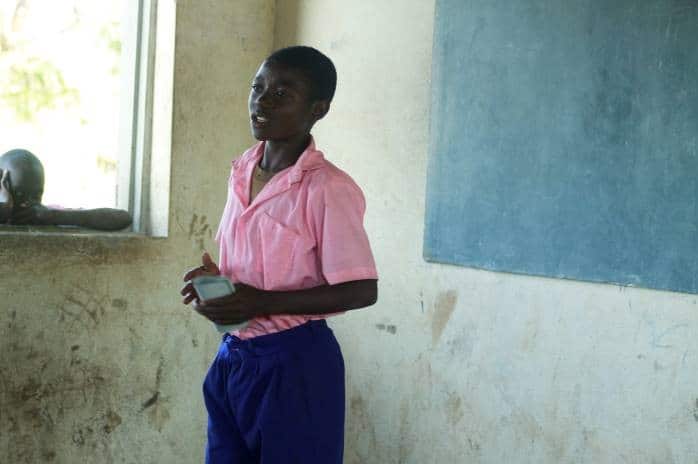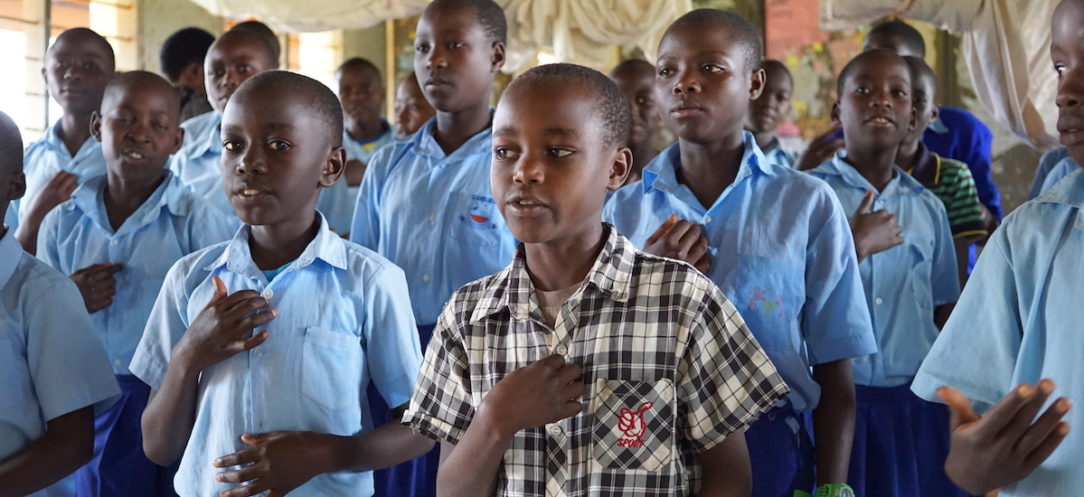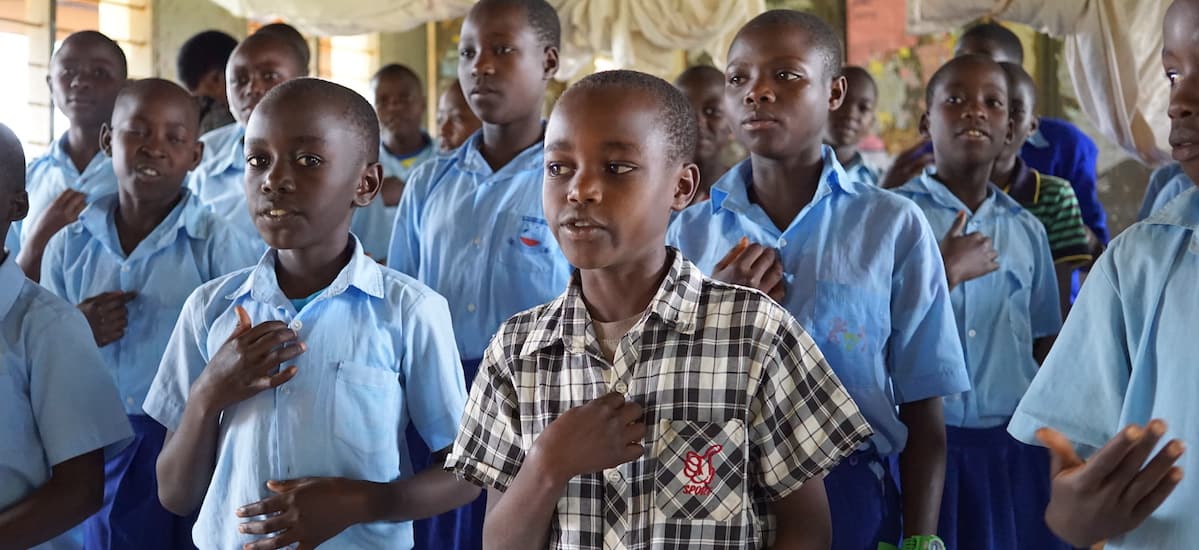This Human Rights Day, let’s commit to recovering better from the pandemic and standing up for child rights across Southern and Eastern Africa.
Every year, the 10th December marks Human Rights Day to remember and celebrate the adoption of the Universal Declaration of Human Rights in 1948. This year’s theme is “Recover Better”, reinforcing the importance of human rights in building back from the COVID-19 pandemic.
“We will reach our common global goals only if we are able to create equal opportunities for all, address the failures exposed and exploited by COVID-19, and apply human rights standards to tackle entrenched, systematic, and intergenerational inequalities, exclusion and discrimination.” (United Nations)
The pandemic is exacerbating inequalities and threatening to become a child rights crisis as vulnerable children worldwide face violations fuelled by the social and economic turmoil it has created.
THE CHILD RIGHTS CRISIS IN THE COMMUNITIES WHERE WE WORK
During lockdowns in sub-Saharan Africa from March into the summer, school closures disrupted the education of 250 million students. It is estimated that millions may never return as the pandemic has caused child rights violations to rise. The region has seen a spike in the reporting of domestic violence, teen pregnancies, and early marriages, and as GDP falls by an estimated 3%, the informal economy – where child labour is especially prevalent – is increasing.
Our Africa Director, Oswald Malunda, explains the impact in the 155 communities we are working with in Kenya, Malawi, Tanzania, Uganda and Zimbabwe: “We have seen a lot of early marriages and pregnancies in communities as children could not access education, and the safety net which schools provide were gone.”
“Cases of child labour have also increased. This is because lockdown restrictions stopped many adults from working and they were not able to afford some of their family’s basic needs. So children have been going out to work to earn some money.”
HOW WE’RE HELPING COMMUNITIES RECOVER BETTER
We have been working closely with our in-country partners to adapt programme activities to run safely and in line with government regulations, so that we can continue our work protecting children’s rights. One of the ways in which we do this is to economically empower the parents and guardians of vulnerable children who, by saving, loaning, starting and expanding businesses, increase their own ability to afford school fees and materials to send their children to school.
Village savings and loans groups set up through our Village Investors Programme (VIP) have been running safely during the pandemic, with groups holding socially distanced meetings, introducing hand washing on arrival, or using mobile banking.
“By strengthening the economic status of parents and guardians, we can help to prevent the violation of child rights during COVID-19”, stresses Oswald.
We are also working with 2,796 primary school children through our Child Rights Programme to reduce instances of child rights violations in Kenya, Tanzania, Uganda and Zimbabwe. We work with students, teachers and community support structures to teach children about their rights and how to stand up for them.
During the lockdown in Pader, Uganda, children from the programme called into local radio stations to advocate for child rights, and across the 94 communities where we run it, teachers and community volunteers continued to deal with reports of rights violations and refer them to relevant local authorities.
“Local community volunteers who are part of our programmes are doing a lot of door to door services during the pandemic”, explains Oswald. “They are visiting the children and meeting with them safely, using face masks and hand sanitiser, and observing social distancing.”

Protecting child rights is central to recovering from the pandemic, and it is crucial that we make sure everyone stands up and speaks up to protect them. As 14-year-old Elliot* (pictured, left), a member of one of our Child Rights Clubs in Pader, explains: “I have learned to speak well in public with confidence, especially if the rights of my fellow children are being violated”.
*Name has been changed to maintain confidentiality.
Author: Nicole El-Helou, Communications Assistant
10th December 2020




